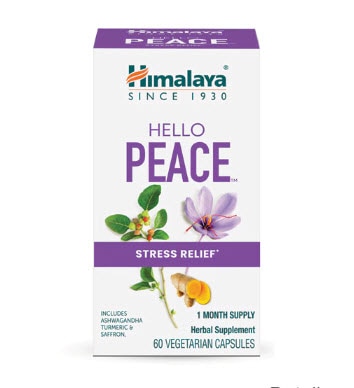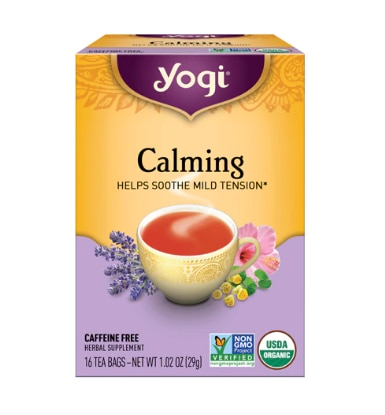It would seem like a no brainer to practice self care as part of our wellness routines, but despite the need, on point self-care may be elusive. We may not have the alone time we used to have or have so much alone time that pervasive loneliness or anxiety messes with our minds. We may find ourselves regularly unable to turn our attention to what really has the potential to nourish us.
The burden of stress we all must carry is insidious—from health concerns, financial hardship, maintaining relationships and overwhelming unknowns in so many areas of our lives—that the weight can be crushing. Taking time to care for our own wellness becomes critical for a foundation of well-being that allows us navigate through everyday stressors.
Here are four ways to glean the most nourishment from your life, no matter what your level of stress.
4 Nourishing Self-Care Practices
1. Take your self-care up a notch
Self-care doesn’t have to be complicated or “extra.” Basically, it means making sure you have quality time—with yourself. Realistic self-care looks less like getting a massage or visiting a spa, and more like taking a long walk.
DIY self-care is no less nurturing than getting pampered by someone else. The need for time alone shouldn’t be viewed as a luxury, but as an essential part of sustainable mental health.
Be intentional about creating spaces throughout the day to recharge and decompress. Even taking a shower or bath can become much warranted ‘me time.” If you have kids, make sure that after they go to bed you dig into something you are particularly passionate about as a way to unwind.
2. Slip into healthy habits
While it’s easier to slip out of healthy habits than into them, for the long haul, staying healthy will give you a leg up during duress. Eating healthy and exercising keeps your immunity robust and your spirit strong.
Of course, being a couch potato and an appreciator of comfort food have their role during a crisis, but eating properly, consistent physical activity and good sleep hygiene should be the rule, not the exception. Without exerting undue pressure on yourself, opt for a degree of mindfulness about how you’re treating yourself and your body.
3. Make meaningful connections
Social media can provide a semblance of connection, and there is an unending of classes and groups that meet online via video conferencing apps. But each one of us has a distinct window of tolerance for staring at a computer screen in lieu of face to face connection. Be discerning in how you spend your time online—the classes you take or what you post and what posts you respond to.
If you reach out by phone to call someone, try not to multitask during the call. Practice deep listening skills, to really take in the person you are talking to, and choose your own words with care, so you are not merely repeating your same old story ad infinitum.
If you go the way of Zoom, choose classes or meetings that are important to you, that make you feel alive, rather than as a way to fill up the empty hours. You can also choose to meet a friend or two for a walk and enjoy both the immediacy of contact and the emerging beauty of spring, the kind of twofer that feels medicinal these days.
Finally, solitude can be a powerful way to connect to something bigger, be it nature, your own inner voice, or tuning into the potential of a current threshold you now find yourself in.
4. Lower the bar
For parents trying to navigate work while caring for kids, a word of advice. Go easy on yourself. Standards of control and perfection only escalate stress for most. Let go of rigid ideas of what things should look like. Avoid comparing your family to others. And continue working toward what works for you.




